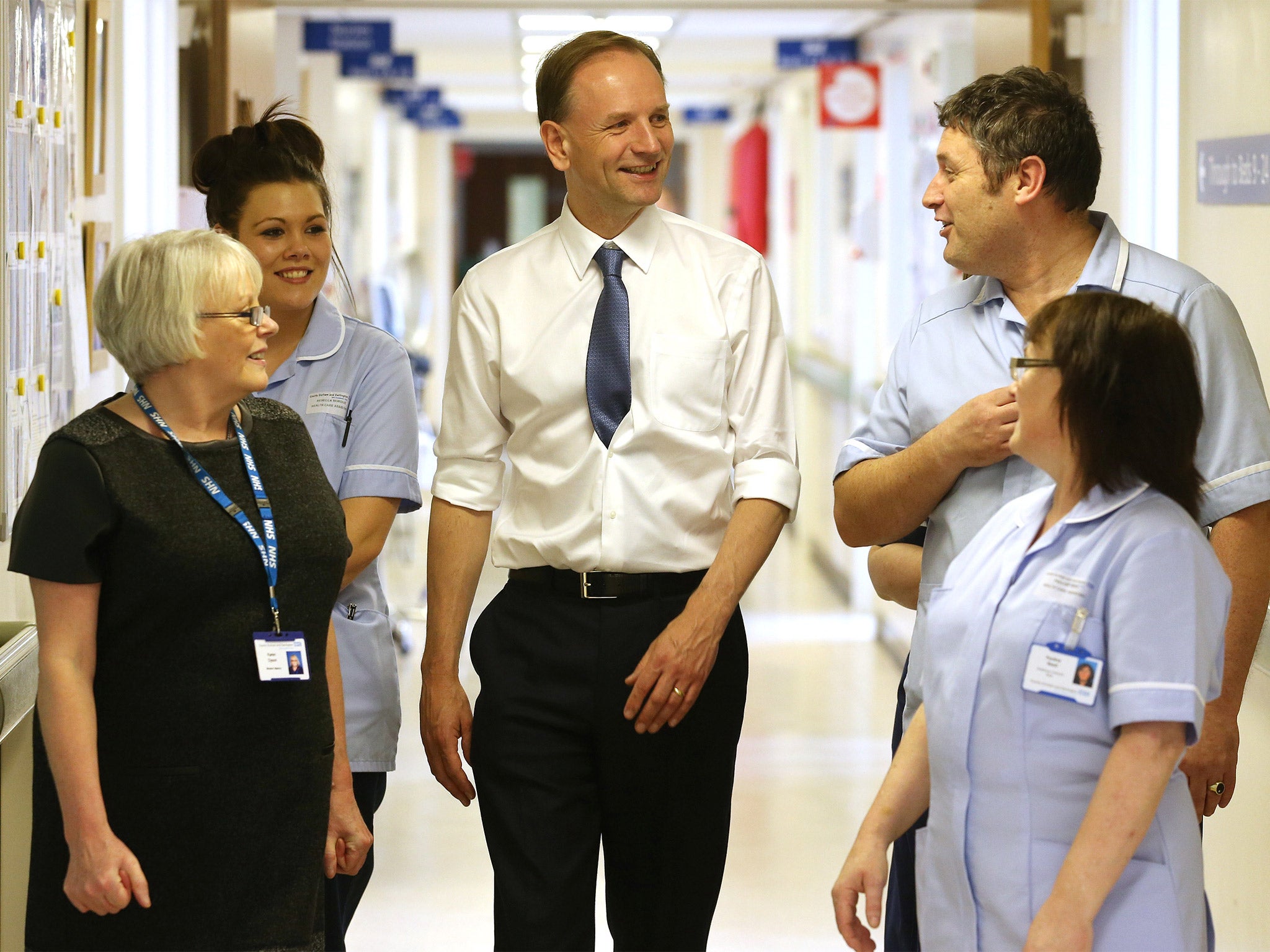Simon Stevens: NHS will be 'unaffordable' without radical reforms
Service needs new care model, claims health chief

The NHS has no choice but to change the way it provides care, the chief executive of the health service in England said.
Speaking to i as NHS England announced 29 pilot areas for new models of care, Simon Stevens said the NHS would soon become “unaffordable” without radical reforms to move care away from hospital and closer to people’s homes.
He said that the needs of patients had “evolved” since the NHS was set up in 1948, and that the traditional separation between health and council-funded care had to end.
“We’ve been talking about doing something about that for quite some time, and now frankly we don’t have a choice anymore,” he said.
“It’s the right thing to do and if we don’t do it, we’re going to end up with an unaffordable and unresponsive version of the model we’ve got.”
He said that the new wave of reforms, part of his five-year plan for the NHS, were “different” to the controversial overhaul set in train by former Health Secretary Andrew Lansley, which were recently criticised by the King’s Fund think tank for distracting the NHS at a crucial time of rising demand.
“I think the key difference here compared to [the Lansley reforms which saw Primary Care Trusts replaced by Clinical Commissioning Groups] was that that was changing the administrative superstructure of the NHS,” he said. “And clearly the reason why the NHS Five Year Forward View commanded support in the NHS and broadly beyond that was because it wasn’t about changing the administrative deckchairs, it was about changing the way care is actually provided to patients.”
Since becoming NHS England chief executive in April last year, Mr Stevens has won plaudits for unifying the NHS behind a vision of a modernised health service, with more care provided close to home, with a bigger role for GPs and health visitors, and much closer working between health and social care.
But he has also set the NHS in England the steep challenge of making £22bn in efficiency savings by 2020 – a step seen as necessary to secure political support for increased funding of the health service in the next parliament, which has now been guaranteed by all the major parties.
However, there are concerns that further austerity could hit local council budgets, squeezing social care spending and having a knock-on effect for the NHS.
“The NHS is going to be making at least a £900m budget transfer to councils beginning next month to help sustain social care services,” Mr Stevens said. “But looking beyond 2015/16 there’s no doubt that whoever is in government will need to think about health and social care funding in the round as they set their public spending priorities for the rest of the Parliament.”
Join our commenting forum
Join thought-provoking conversations, follow other Independent readers and see their replies
Comments
Bookmark popover
Removed from bookmarks